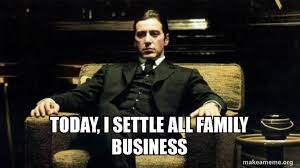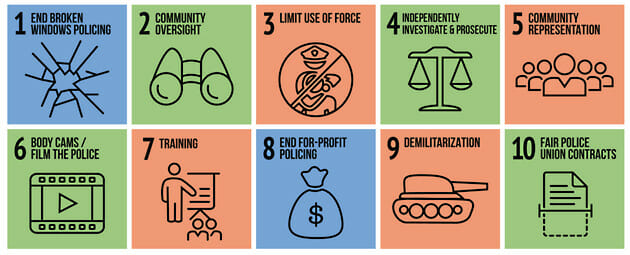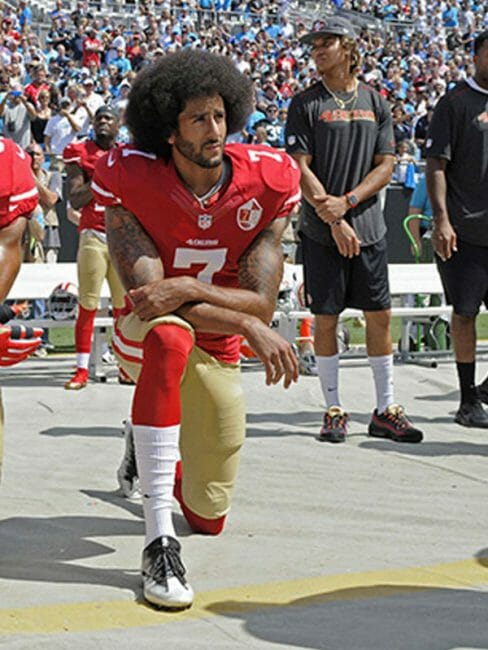Good God -- Trump Seems to Be Trying to Settle All Family Business Today
For a few halcyon days after the tragic murder of Charlie Kirk, Trump and Republicans were actually getting a bit of sympathy and probably had an opening to reframe some of the political discourse. But in true Trumpian style, the Administration has gone to 11 in their over-reaction to some Lefties being, let's say, less than sad at Kirk's death. I get it that Trump and his followers are (probably rightly) grouchy about some of the BS prosecutions of Trump and his supporters over the last 8 years, not to mention the mostly fabricated Russia collusion impeachment. But Trump seems to have found his moment for vengeance and anyone who calls for him to turn the other cheek on some of this stuff gets labelled a cuck.
Here is what I have catalogued so far:
- AG Pam Bondi fans the flames of public confusion by reinforcing the myth that there is somehow a First Amendment exception for hate speech
- After years of defending cake-bakers who get prosecuted for not making a cake for a gay wedding, Republicans are getting their revenge by threatening prosecution of (and getting fired) an Office Depot employee (also here) who wouldn't print some Charlie Kirk memorial material
- Sec. of State Marco Rubio announced that they were revoking Visas of immigrants who said bad things about Charlie Kirk
- Under pressure from the FTC (really outright threats), ABC has suspended Jimmy Kimmel for what were admittedly incorrect and inflammatory statements about Kirk's killer. ABC probably was on a path to axing Kimmel over ratings anyway, but the FTC pressure is absolutely unethical
- Trump is ready to name Antifa a terrorist organization. I can't stand the Antifa thugs but this is a really slippery slope where it is easy to start naming opposition groups as terrorists. Besides, is Antifa even an organization, or a label that people adopt?
- Unrelated to Kirk, Trump also launched another large and looney defamation suit. Note that in my view this was not written to win, but to force a settlement. Being sued personally by the man who is also your chief regulator is a brutal position to be in, just ask CBS who had to knuckle under previously.
- I am almost sure there was something else, but it is late. I will update when I remember.
I will say again what I have said before -- Republicans are acting like they will be in power forever -- but they won't. Remember Coyote's Law. At some point their political opposition will be in power and all these precedents will come back to bite them. Particularly in this case because almost every one of these is an authoritarian power that Republicans fought under Democratic administrations. As mentioned before, Republican's defended cake bakers (and pharmacists and many others) against laws mandating they provide services against their conscience. Republicans have fought against laws based on making hate speech illegal, laws that are dragging the Brits down the toilet as we speak. It was Republicans who fought to get rid of equal time in broadcasting and stopped the FTC from bludgeoning Conservative talk radio hosts. Republicans have fought for years against having their mainstream groups labelled as white supremacist terrorists by the SPLC (I believe the SPLC so designated Charlie Kirk's organization). Not sure if they have had same issues with Visas, but they sure as hell will as Democrats will find a way to evict Conservative immigrants in retribution (looking at you Elon).


